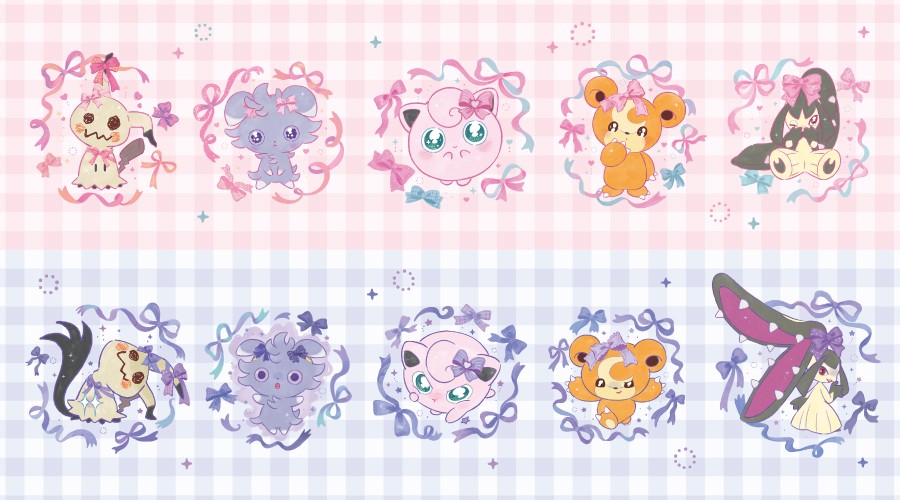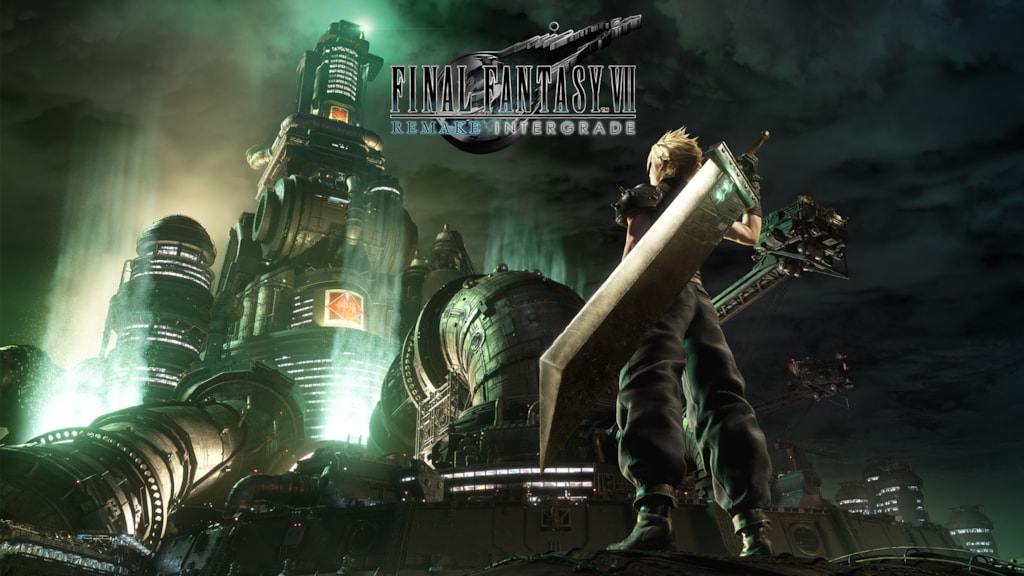Nintendo, the storied Kyoto-based video game developer behind legendary franchises such as Super Mario, The Legend of Zelda, and Pokémon, is taking decisive action to safeguard its intellectual property in the evolving era of artificial intelligence.
According to a recent announcement by Japanese politician Satoshi Asano, Nintendo is actively engaged in lobbying efforts with the Japanese government, working to shield its valuable creations from emerging risks associated with generative AI technologies. This latest development was revealed in a comprehensive post by Satoshi Asano on X (formerly known as Twitter).
Asano detailed ongoing industry discussions regarding generative AI’s impact on the creative sector, highlighting the significance of maintaining robust protections for creators’ rights.
In his statement, Asano emphasized the importance of considering the viewpoints of creators and the public as Japan formulates its policies on AI and content creation. He summarized the current landscape, noting: "After examining recent discussions and feedback, it is clear that preserving the rights of creators is more crucial than ever.
Our recent efforts have prompted valuable debate, reaffirming the need for effective safeguards." Asano referenced a precedent-setting case involving Yomiuri Shimbun, a major Japanese newspaper, which pursued legal action against Perplexity AI in 2025, seeking significant damages for unauthorized use of its content.
He also mentioned that other prominent Japanese publications, including Nikkei Shimbun and Asahi Shimbun, have initiated similar lawsuits.
On the global stage, organizations such as The New York Times and Getty Images have also taken legal measures against AI companies for copyright infringement, underscoring the increasing complexity of AI and intellectual property interactions. To provide guidance in this rapidly changing environment, Japan’s Ministry of Economy, Trade and Industry recently published a 'Guidebook for the Use of Generative AI in Content Creation.' The document encourages vigilance among companies and creators, recommending careful review of AI-generated materials to prevent unintentional copyright violations.
Meanwhile, technology firms like DeNA are developing proprietary AI solutions that rely on in-house data, aiming to mitigate external risks. Nintendo has steadfastly avoided integrating generative AI into its creative processes, seeing this stance as vital for the protection of its intellectual property.
With this commitment, the company is now collaborating more closely with Japanese policymakers to ensure that future AI regulations balance innovation with robust protection for iconic brands and creative content. Addressing legislative initiatives, Representative Tamaki echoed the sentiment for promoting the ethical use of generative AI, indicating that stricter regulations may be forthcoming.
Both Tamaki and Asano affirmed their party’s commitment to considering constructive feedback from creators and the public to shape Japan’s approach to AI oversight. For stakeholders in the global video game industry, Nintendo’s proactive approach highlights a growing awareness of the legal and ethical challenges posed by AI, especially as it relates to beloved franchises and the broader landscape of digital media protection.
As Nintendo continues to release hit titles on platforms like the Nintendo Switch and through channels such as the eShop and Nintendo Direct, its lobbying efforts in Japan may well serve as a benchmark for other gaming giants seeking to secure their intellectual property in an AI-driven future.
According to a recent announcement by Japanese politician Satoshi Asano, Nintendo is actively engaged in lobbying efforts with the Japanese government, working to shield its valuable creations from emerging risks associated with generative AI technologies. This latest development was revealed in a comprehensive post by Satoshi Asano on X (formerly known as Twitter).
Asano detailed ongoing industry discussions regarding generative AI’s impact on the creative sector, highlighting the significance of maintaining robust protections for creators’ rights.
In his statement, Asano emphasized the importance of considering the viewpoints of creators and the public as Japan formulates its policies on AI and content creation. He summarized the current landscape, noting: "After examining recent discussions and feedback, it is clear that preserving the rights of creators is more crucial than ever.
Our recent efforts have prompted valuable debate, reaffirming the need for effective safeguards." Asano referenced a precedent-setting case involving Yomiuri Shimbun, a major Japanese newspaper, which pursued legal action against Perplexity AI in 2025, seeking significant damages for unauthorized use of its content.
He also mentioned that other prominent Japanese publications, including Nikkei Shimbun and Asahi Shimbun, have initiated similar lawsuits.
On the global stage, organizations such as The New York Times and Getty Images have also taken legal measures against AI companies for copyright infringement, underscoring the increasing complexity of AI and intellectual property interactions. To provide guidance in this rapidly changing environment, Japan’s Ministry of Economy, Trade and Industry recently published a 'Guidebook for the Use of Generative AI in Content Creation.' The document encourages vigilance among companies and creators, recommending careful review of AI-generated materials to prevent unintentional copyright violations.
Meanwhile, technology firms like DeNA are developing proprietary AI solutions that rely on in-house data, aiming to mitigate external risks. Nintendo has steadfastly avoided integrating generative AI into its creative processes, seeing this stance as vital for the protection of its intellectual property.
With this commitment, the company is now collaborating more closely with Japanese policymakers to ensure that future AI regulations balance innovation with robust protection for iconic brands and creative content. Addressing legislative initiatives, Representative Tamaki echoed the sentiment for promoting the ethical use of generative AI, indicating that stricter regulations may be forthcoming.
Both Tamaki and Asano affirmed their party’s commitment to considering constructive feedback from creators and the public to shape Japan’s approach to AI oversight. For stakeholders in the global video game industry, Nintendo’s proactive approach highlights a growing awareness of the legal and ethical challenges posed by AI, especially as it relates to beloved franchises and the broader landscape of digital media protection.
As Nintendo continues to release hit titles on platforms like the Nintendo Switch and through channels such as the eShop and Nintendo Direct, its lobbying efforts in Japan may well serve as a benchmark for other gaming giants seeking to secure their intellectual property in an AI-driven future.






